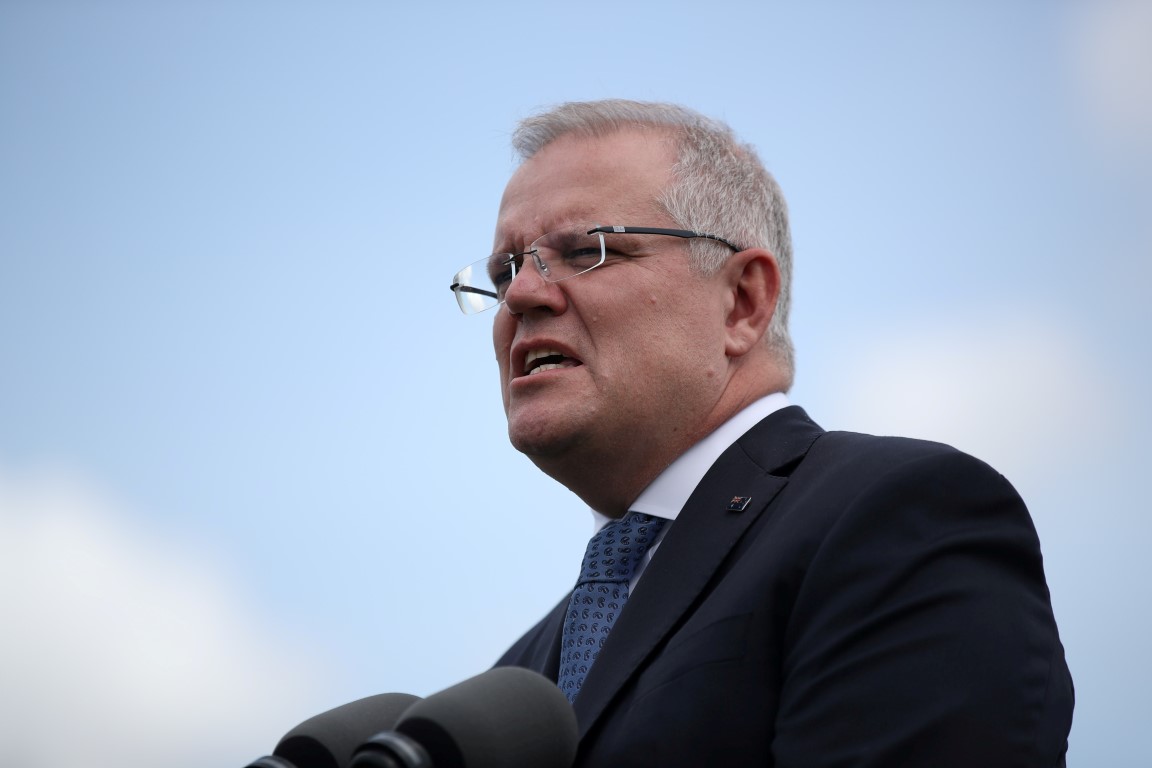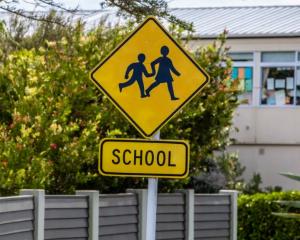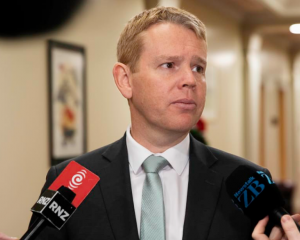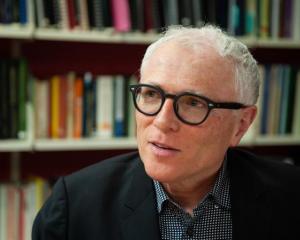
Schools will stay open but strict restrictions will be placed on visitors to aged care homes, while the prime minister also bluntly told Australians to stop hoarding groceries and other supplies.
Scott Morrison cautioned the historic changes to daily life are a long-haul measure, with the government expecting the virus crisis will roll on for at least six months.
"There is no two-week answer to what we're confronting," he told reporters in Canberra on Wednesday.
"The idea that you can just turn everything off for two weeks and then turn it all back on again and it all goes away, that is not the evidence."
National coronavirus cases are approaching 560, an increase of 400 in five days, and six people have died.
NSW Health confirmed an 86-year-old man died on Tuesday night in a Sydney hospital.
Of the 81,000 people tested, 99.5 per cent have been negative.
The medical assessment is that schools should stay open, and Mr Morrison and chief medical officer Brendan Murphy warned the consequences of closing them would be severe.
That could include tens of thousands of jobs lost, Mr Morrison said.
But Professor Murphy said school life would also have to change, with no assemblies, regular hand washing and strict bans on sick students and teachers.
"It will be hard for schools, but it would be much, much, much harder for society if the schools were closed," he said.
A ban on non-essential indoor gatherings of more than 100 people is effective immediately.
It does not affect public transport, airports, medical facilities, supermarkets and shopping centres, parliaments, courts or jails.
Office buildings, factories, construction or mining sites, schools, universities, childcare facilities and hotels are also exempt.
But people should practice social distancing in all these areas, keeping a space of 1.5 metres between themselves and others.
"Every citizen now has to think about every interaction they have with another person during the day," Prof Murphy said.
"No more hand-shaking. No more hugging except in your family ... No more scant attention to hand hygiene."
Strict rules around visitors at aged care facilities are also now in place, barring anyone who has recently travelled, sick people, children except in exceptional circumstances, and from May 1 anyone who hasn't had a flu vaccination.
Only one short daily visit of at most two people per resident is allowed.
But Mr Morrison said the new restrictions did not mean Australians should be panicking and certainly not stripping supermarket shelves bare.
"Stop hoarding," he said.
"It is not sensible, it is not helpful and it has been one of the most disappointing things I have seen in Australian behaviour in response to this crisis."
Opposition Leader Anthony Albanese said his son had reported customers at the major supermarket where he works shouting at staff over product shortages.
"Nineteen-year-old kids aren't responsible for the fact there is no toilet paper in the aisles. If people could be kind at this time, be patient," he said.
Labor also urged people to continue donating blood, warning the Red Cross said its stocks were running low and would likely be needed over coming weeks.
A day after urging residents overseas to return home as soon as possible, the Department of Foreign Affairs and Trade told all Australians not to travel overseas.
All people arriving from overseas must self-quarantine for 14 days and cruise ships are barred from Australian ports for at least 30 days.
The federal government has flagged another round of economic stimulus measures on top of a $17.6 billion package announced last week.
This includes a $715 million assistance package for airlines that will give the carriers relief from airport fees and other aviation industry charges.
The Australian Chamber of Commerce and Industry wants new measures to include Newstart-level payments to businesses and sole traders to allow them to keep their employees during the downturn.
It is also calling for concessional loans, wage subsidies for extended sick leave, and support for small businesses to invest in technology that will let their staff work from home.










